H1-B Visa rule favouring advanced degree holders to impact Indian IT companies
Wed 16 Jan 2019, 17:25:41
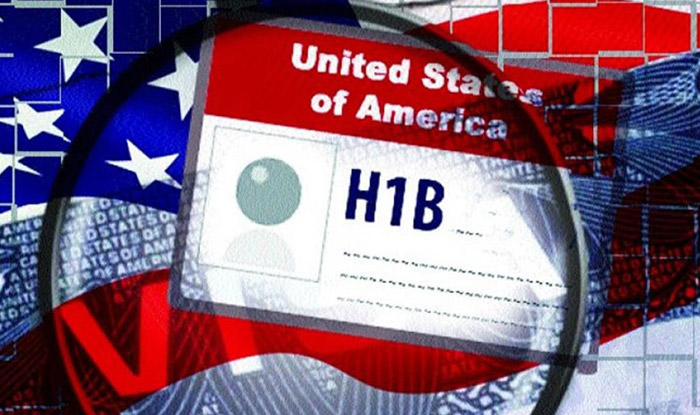
New Delhi: A report has suggested that the recent change in the H1-B visa rules for advanced degree holders will affect the profitability of IT companies as the number of visas approved gets reduced.
In December 2018, the United States Citizenship and Immigration Services (USCIS) proposed reversing the process for H1-B selection favouring advance degree holders.
According to the rating agency Icra, this will lead to a 10 per cent reduction is H1-B visa approvals for regular applicants, where the applicant s without an advance degree masters or higher from US universities.
Increased onshore hiring associated with higher wage bill along with factors such as pricing pressure on commoditised services, wage inflation and lower revenue growth will negatively impact the margins going forward, it said.
Even though the companies have other factors to restrict the impact, overall operating margins are still expected to decline from 22.1 per cent in FY18 to 20.8 per cent in FY21, it said.
Under the proposed amendments, USCIS would first select the 65,000 visas from the cumulative pool of regular as well as advance degree holder applicants and 20,000 highly skilled H1-B visas would then be allotted among the remaining pool of unselected advance degree holder applicants, domestic rating agency Icra’s vice president Gaurav Jain
said.
said.
“This will work against the Indian IT services sector (H-1B dependent employers) as their share of masters degree or equivalent for H-1B visas approved was approximately 27 per cent compared to 55 per cent for non-H-1B dependent employers,” he said.
An entity is defined as H-1B dependent if more than 15 per cent of its employees are on an H-1B visa.
The agency, however, said that credit profiles of players will remain stable as companies will be able to sustain free cash flows despite pressure on revenue growth and margins.
At present, when sufficient number of petitions needed to reach the regular cap or advanced degree exemption are received, USCIS selects qualifying position towards the H1-B advance degree exemption first through lottery and the unselected advance degree applications are merged with the pool of regular applicants for selection process towards cap of 65,000, it said.
Indian companies have started to ramp up onshore hiring with the visa issuance norms being tightened by restricting the entry of entry-level programmers earlier coupled with increasing compliance requirements adding to cost pressures, it said.
In its sample of companies, Icra said the share of offshore revenues reduced from 43.2 per cent in FY16 to 40.3 per cent in FY18, and has subsequently increased to 42.2 per cent in H1FY19.
No Comments For This Post, Be first to write a Comment.
Most viewed from National
Most viewed from World
AIMIM News
Latest Urdu News
Most Viewed
May 26, 2020
Should there be an India-Pakistan cricket match or not?
Latest Videos View All
Like Us
Home
About Us
Advertise With Us
All Polls
Epaper Archives
Privacy Policy
Contact Us
Download Etemaad App
© 2026 Etemaad Daily News, All Rights Reserved.

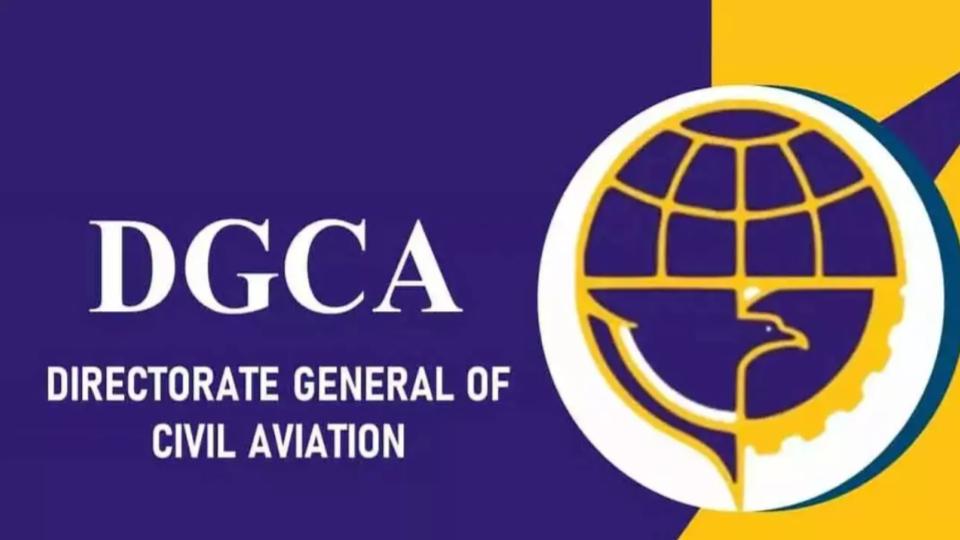


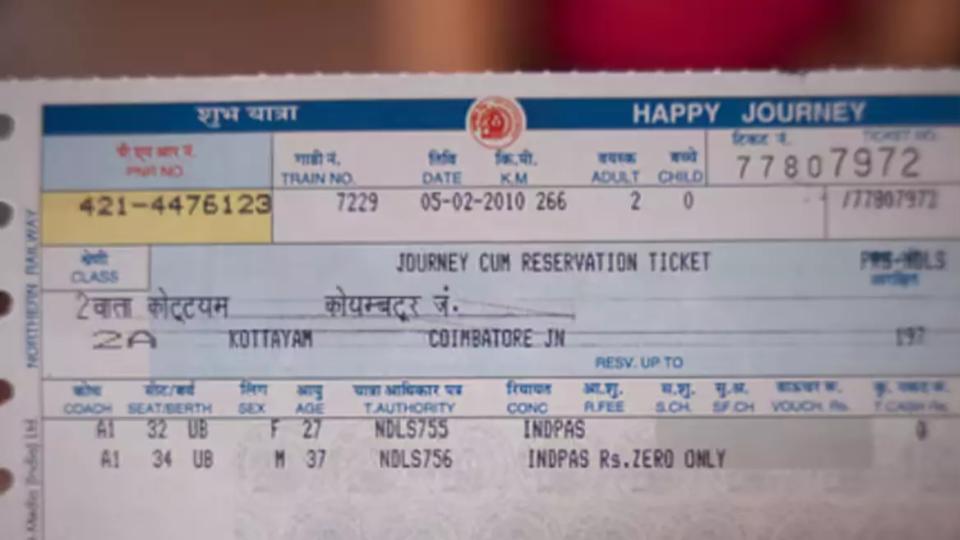



.jpg)
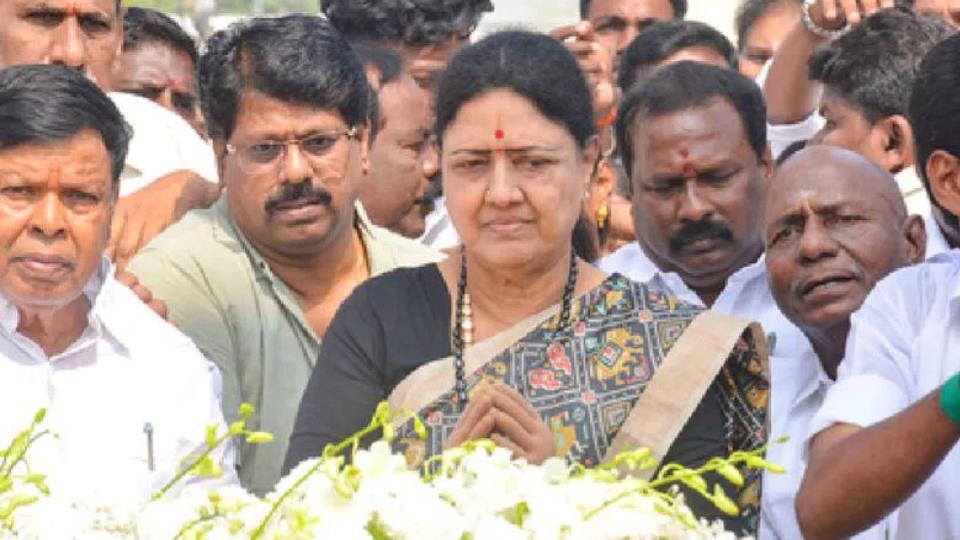

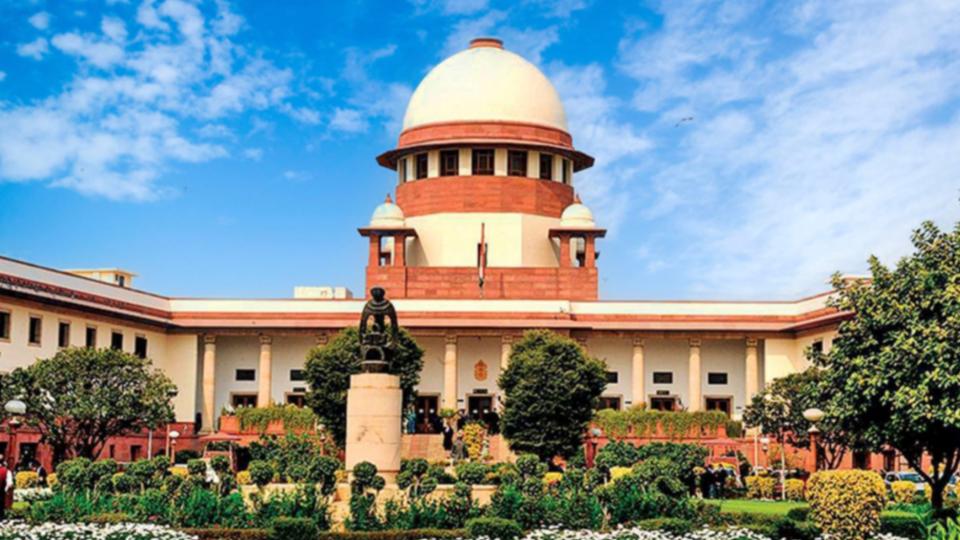
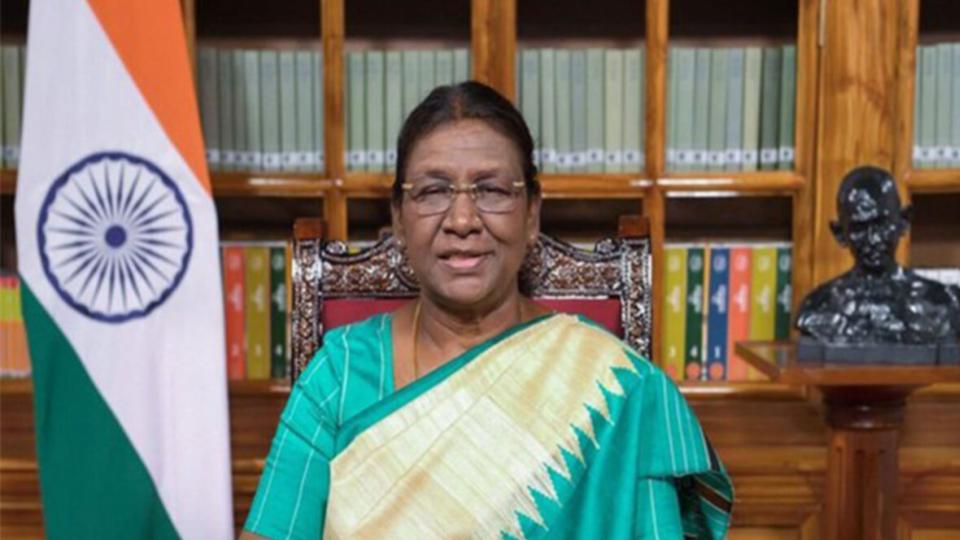
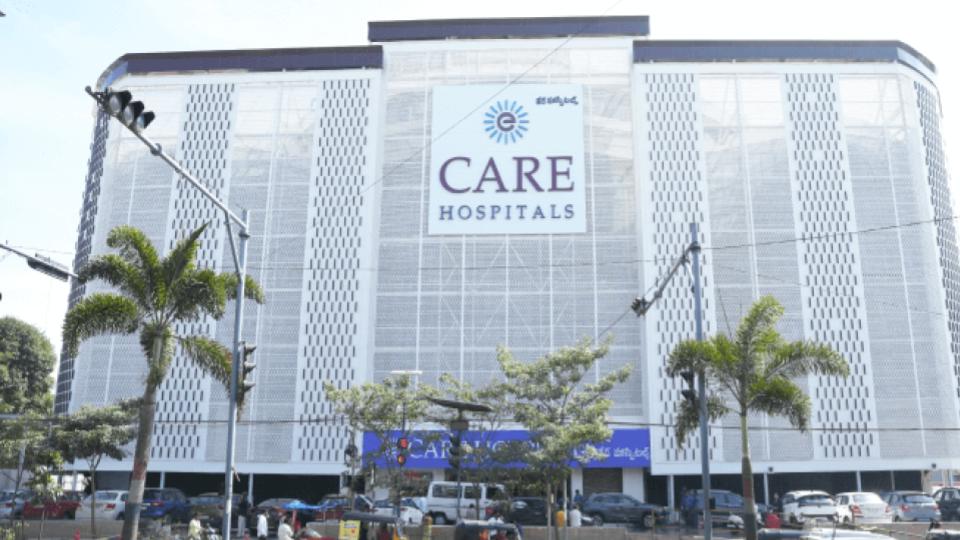


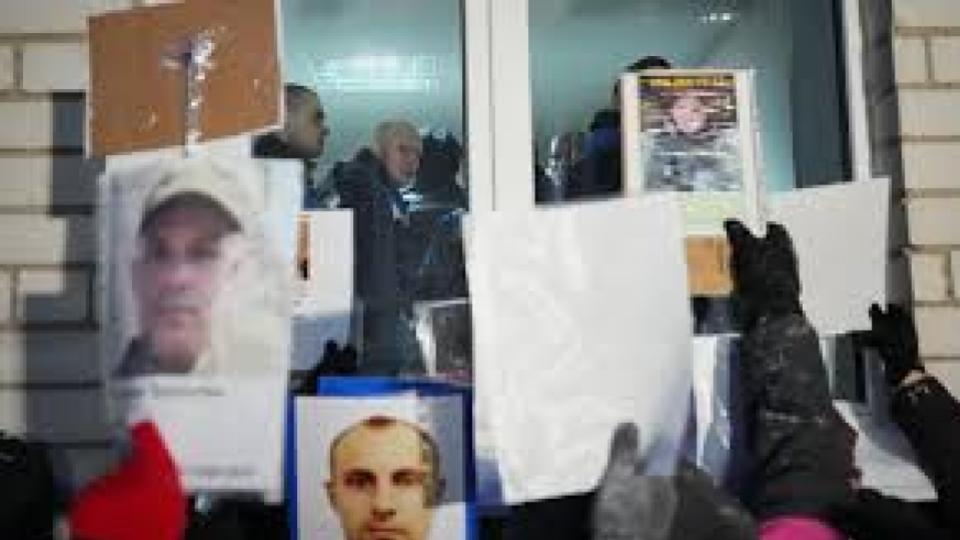
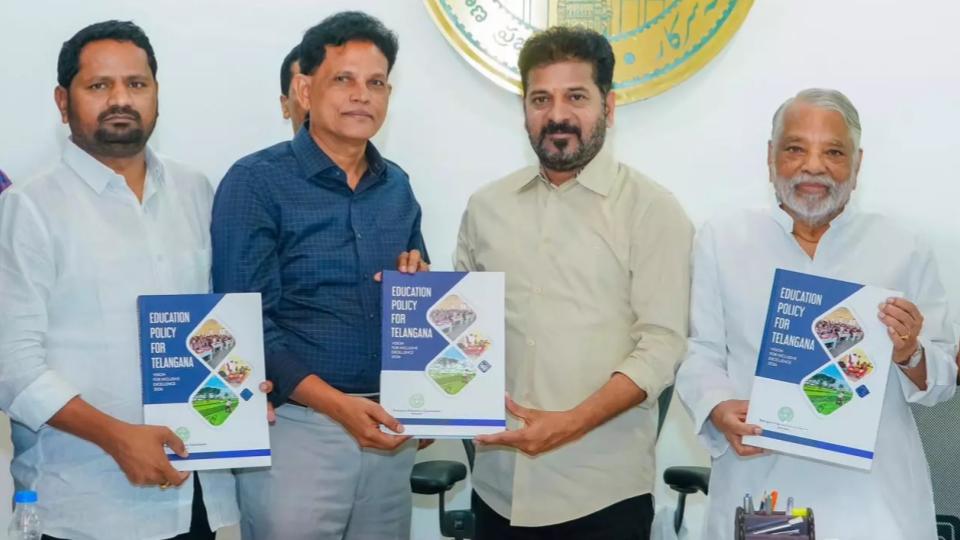






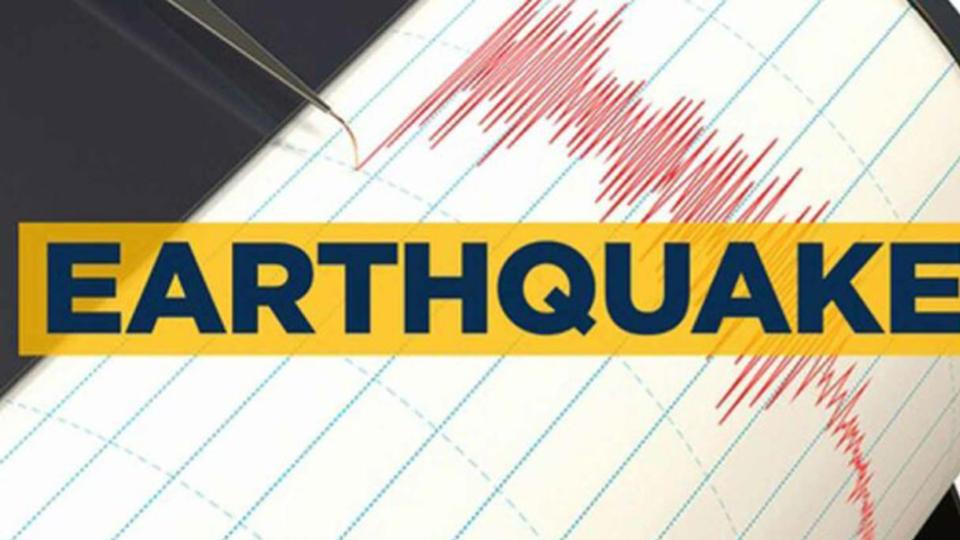

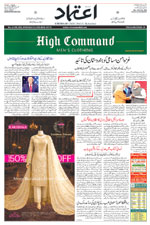










.jpg)
.jpg)
.jpg)


